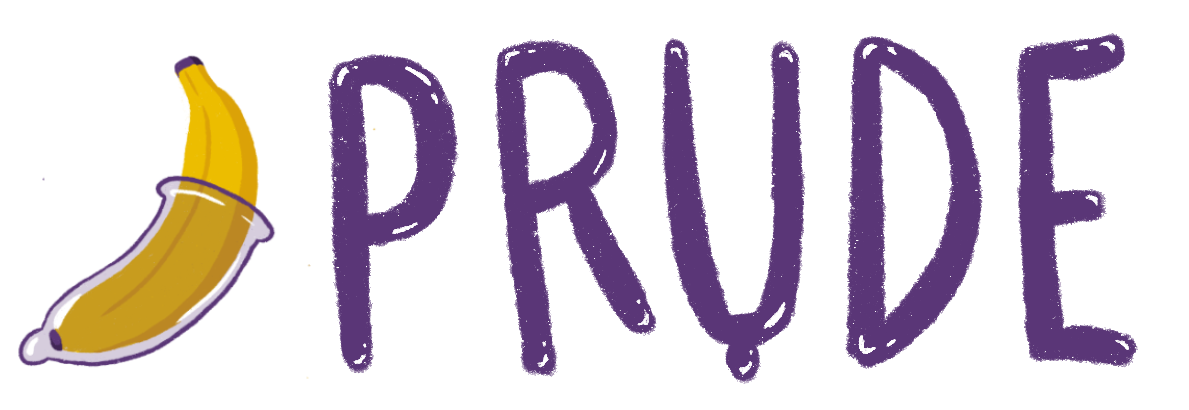Share This Article
“Guys. It’s happened again.” A new message pings through on the text chain.
“Oh God,” is the first reply.
“Not again,” says the next.
This group chat of the seven girls occupying Number 3, Thornycroft Road in Liverpool documents everything you would expect to be the subject of discussion for a collection of 20-somethings living together. Taylor Swift’s newest re-recording, who drank the last of the oat milk, where they’re planning to go for happy hour – the text chain has seen it all.
Their latest topic of conversation? Katie’s date last night, who called their last girlfriend a “psycho”.
“Immediate red flag,” says 22-year-old marketing student, Karina Mann. “Boys so casually call their ex a psycho when the relationship just didn’t work out.”
But why have words like “psycho”, among others, entered Gen Z’s vocab so casually?
The phrases, “toxic”, “gaslighting”, “love bombing” and “victim” are increasingly consuming young people’s algorithm-driven “For You Pages” on TikTok. These terms are being treated as jokey catchphrases or viral sounds. When repeated, these serious terms are being reduced to innocuous buzz words, but experts believe they can be harmful to relationships and can even be a form of psychological or domestic abuse. So why are so many people ill-informed and why isn’t TikTok doing anything about it?
“West Elm Caleb” went viral on TikTok at the beginning of the year, making furniture designer ‘Caleb’ famous on the NYC dating scene after women shared details of their experiences with him, describing him as a serial dater who not only juggles different women but lies about doing so. Many posted videos labelling and outing his behaviour as lovebombing, ghosting and even, according to one account, sending unsolicited sexual images.
With this drama acting as a catalyst, the intricacies of dating and relationships are being talked about now more than ever among Gen Z (16-25 year olds).
One video posted by user @alayahbenavidez is a 14-second-clip that shows in her car lip-syncing to the words: “I think the reason that I fall for lovebombing often is because I would be in love with myself after two weeks too.”
The comments read “omg facts” and “DEADDDD”. One user writes: “Tell me you’re a Leo without telling me you’re a Leo.”
Charlotte Johnson, a sex and relationship expert at MegaPleasure (the sex-positive shopping site) explains: “With words such as ‘gaslighting’ and ‘lovebombing’ circulating on TikTok, it is important you educate yourself and your partner in what these common words mean as they can be harmful in relationships if misunderstood.”
“Lovebombing is an attempt to influence a person by demonstrations of attention and affection,” she explains. “It can be used in different ways for either positive or negative purposes. Psychologists have identified lovebombing as a possible part of a cycle of abuse and have warned against it.”
Katie Smith*, a 24-year-old teacher, was a victim of lovebombing by her partner at the time. “It became a serious relationship very early on, it happened very quickly,” she explains to PRUDE. “The relationship was perfect. There were no signs of anything going wrong.”
In the early stages of their relationship Katie’s partner made plans for their future: “He wanted to move in together– he spoke about marrying me and having children with me,” she recalls. She describes how loving and attentive he was. “He told me I was the best thing in the world to him; that’s how it came it across, that’s how he treated me and that’s how it felt.”
Several months into their relationship, however, Katie received a message. “One day he just texted me saying ‘I can’t be in a relationship anymore’, and from then cut off all contact with me.” This switch in behaviour affected Katie greatly, she was forced to take time off work as it affected her mental health, “I was devastated, as it was just so out of the blue.”
Charlotte defines other terms from Gen Z’s vocabulary of abuse being used on the app. She says: “Gaslighting is another popular term on TikTok – it’s a form of manipulation that often occurs in abusive relationships. It is a covert type of emotional abuse where the bully or abuser misleads the target, creating a false narrative and making them question their judgments and reality.”
Both these terms are regularly used by experts in domestic violence to describe patterns of manipulation by an intimate partner. However, they are meant to refer to patterns, not individual instances of behaviour – which is how social platforms like TikTok are portraying it.
While the importance of bringing these topics to Gen Z’s attention cannot be understated, Charlotte is adamant that we cannot ignore the issue of accuracy. She describes this process as “misinformation”. She says: “It is very dangerous that words and phrases are circulating on the platform with incorrect information, as this can lead to many users being unaware of what the actual definition is.”
Chris Pleines, a dating and relationship expert at the dating site consultancy, datingscout.com, agrees that misinformation is a real danger as a consequence of these newest TikTok trends, adding: “Whilst these words were initially spoken within contexts, based on real-life experiences, they are now just empty buzzwords. “Most of the time, uninformed Gen Z daters use them as if they truly know what they mean. This kind of misinformation is a threat to the development of genuine relationships.”
Back in Liverpool, the girls are reflecting on the app’s effect on their use of language. “I heard words like ‘psycho’ and ‘victim’ on TikTok so often during lockdown when I was on the app all the time,” 20 year old psychology student Katie Santer says, “I certainly overuse them.”
Karina Mann agrees, “I used to say these words in context but now I use them so often, they’ve lost all meaning.”
Chris offers education as the key solution to this issue. “Being educated about the well-being and safety of yourself and others is non-negotiable; if you know it’s harmful for you then you know how it could affect others. Everything has its limitations and boundaries.”
* Some names have been changed to protect anonymity.
Enjoyed this article? Read more here: Meet the erotica BookTokers: Why people are celebrating their love of smut



